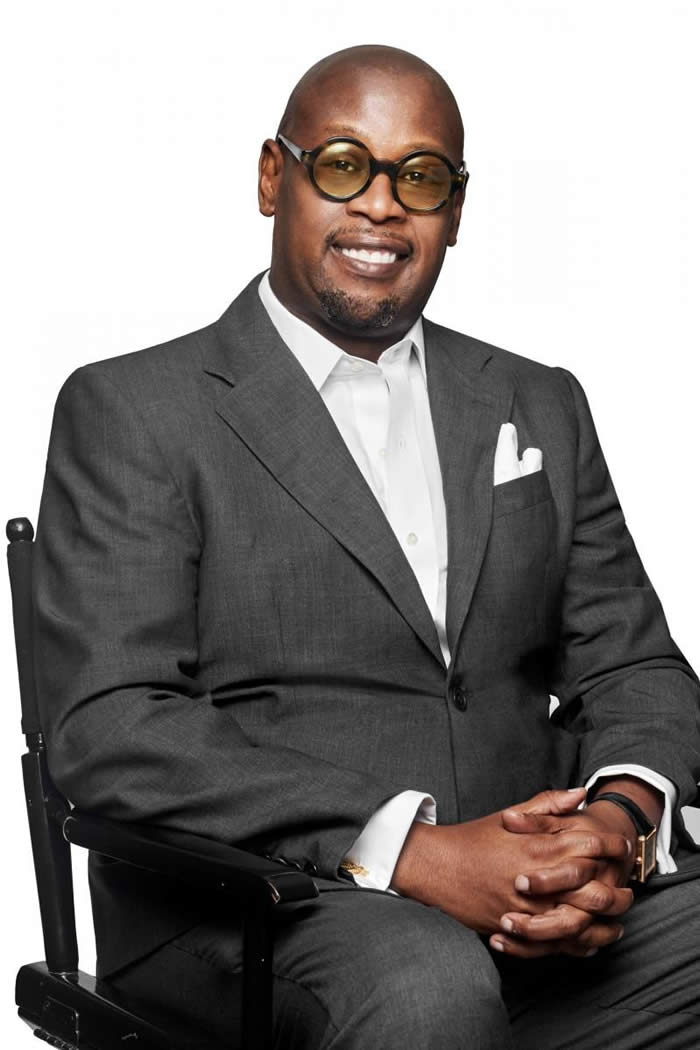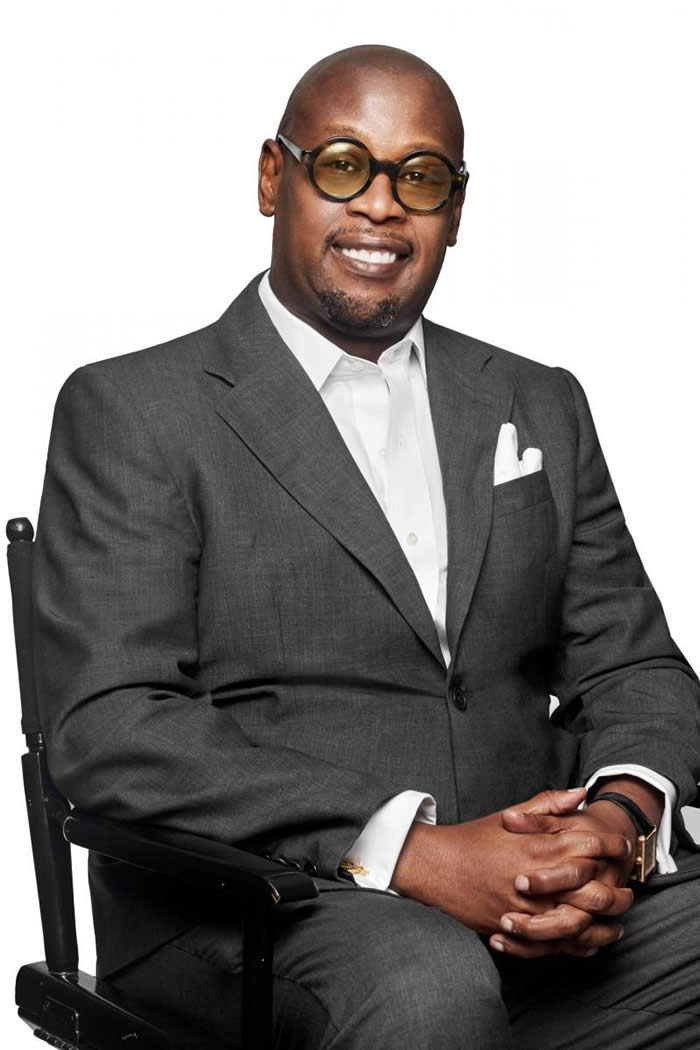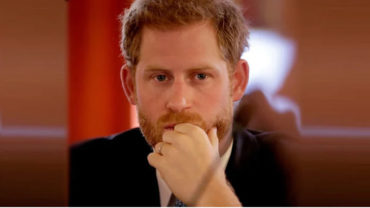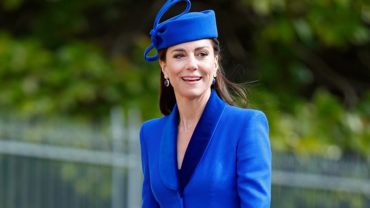Andre Harrell, music mogul and founder of influential R&B and hip-hop label Uptown Records, has died. Details are if his death are not yet known, but Harrell’s passing was first announced by DJ D-Nice on his Instagram Live early Saturday morning (May 9), and sources have separately confirmed it to Billboard. He was 59.
Raised in the Bronx, New York, Harrell started a career in music as half of the early-’80s hip-hop duo Dr. Jekyll and Mr. Hyde (with Alonzo Brown). The pair had a handful of minor hits on Billboard’s Hot R&B Songs chart — the biggest being the No. 31-peaking, Tom Tom Club-sampling “Genius Rap” in 1982 — but Harrell soon found other career aspirations, particularly after meeting Def Jam records founder Russell Simmons.
Hired by Def Jam, Harrell quickly worked his way up to vice president and general manager of the label, but left shortly thereafter to start his own New York City-based label: Uptown Records. The label quickly rose to preeminence in late-’80s hip-hop and R&B with early hits from rap group Heavy D & The Boyz, R&B singer Al B. Sure! and New Jack Swing outfit Guy — the latter of which helped bring eventual super-producer Teddy Riley to stardom.
But Harrell’s greatest discovery at the label wasn’t a recording artist — at least not yet. Sean “Puff Daddy” Combs, later to be known as Diddy, started off as Uptown as an intern of Harrell’s, and eventually worked there full-time as a talent director, where he helped develop ’90s R&B megastars like Mary J. Blige and Jodeci, even producing the popular “Hip-Hop Remix” of the latter’s 1992 hit “Come and Talk to Me.” (Harrell fired him from Uptown in 1993, leading to Combs starting the epochal Bad Boy label with friend The Notorious B.I.G. as his marquee artist, but the relationship remained amicable: “I knew it was time for him to grow,” he explained to the Wall Street Journal in 2014.)

The ’90s saw MCA, Uptown’s distribution partner, offer Harrell a multimedia deal, through which he executive produced the hit TV show New York Undercover (originally titled Uptown Undercover) and the 1991 film comedy Strictly Business. In 1993, the label also recorded the first-ever label showcase edition of MTV’s enormously popular Unplugged series, featuring performances by Uptown artists Blige, Jodeci, Heavy D, Father MC and Christopher Williams — an episode that quickly proved iconic for ’90s R&B, and produced one of the label’s biggest chart hits with Jodeci’s cover of Stevie Wonder’s “Lately,” reaching No. 4 on the Billboard Hot 100.
With the rise of hip-hop and the departure of Combs, Uptown began to slide from relevance in the back half of the ’90s, and Harrell left the label in 1995 to become CEO of Motown. But Harrell’s time at the legendary label was short and largely unsuccessful, and he was fired in 1997. Harrell’s work in R&B continued well into the 21st century, as he was instrumental in kickstarting the career of a young Robin Thicke in the ’00s, and in the early ’10s launched Harrell Records, though the new label failed to produce hits or stars on the level of his earlier ventures.
The ’90s saw MCA, Uptown’s distribution partner, offer Harrell a multimedia deal, through which he executive produced the hit TV show New York Undercover (originally titled Uptown Undercover) and the 1991 film comedy Strictly Business. In 1993, the label also recorded the first-ever label showcase edition of MTV’s enormously popular Unplugged series, featuring performances by Uptown artists Blige, Jodeci, Heavy D, Father MC and Christopher Williams — an episode that quickly proved iconic for ’90s R&B, and produced one of the label’s biggest chart hits with Jodeci’s cover of Stevie Wonder’s “Lately,” reaching No. 4 on the Billboard Hot 100.
With the rise of hip-hop and the departure of Combs, Uptown began to slide from relevance in the back half of the ’90s, and Harrell left the label in 1995 to become CEO of Motown. But Harrell’s time at the legendary label was short and largely unsuccessful, and he was fired in 1997. Harrell’s work in R&B continued well into the 21st century, as he was instrumental in kickstarting the career of a young Robin Thicke in the ’00s, and in the early ’10s launched Harrell Records, though the new label failed to produce hits or stars on the level of his earlier ventures.







